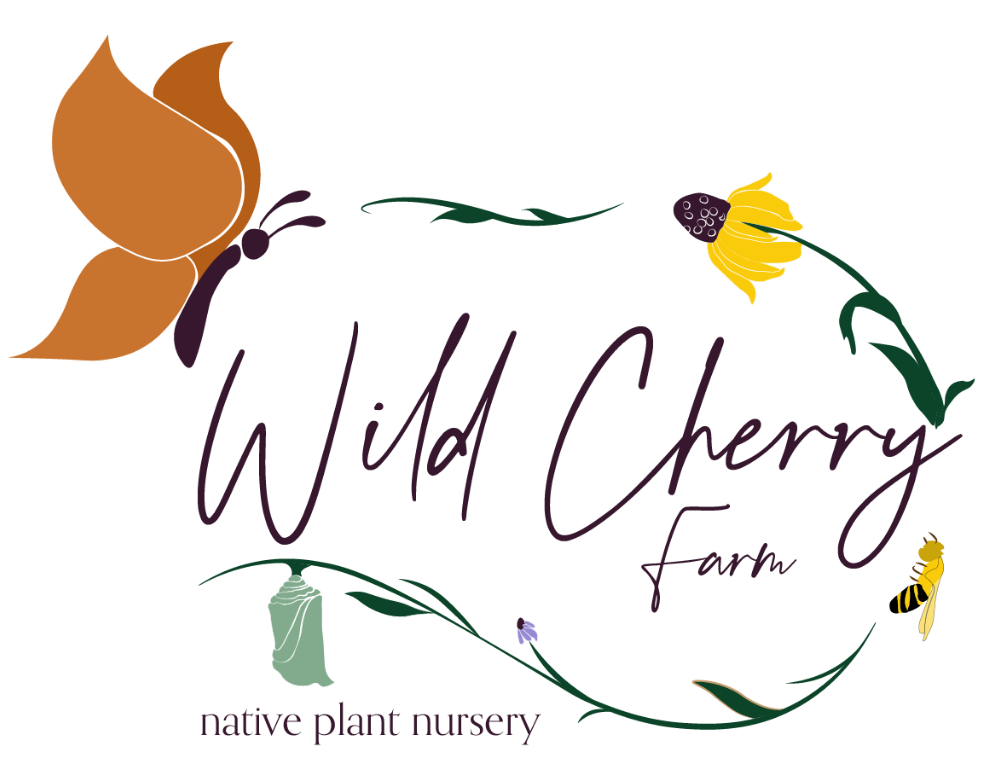American Sycamore (Platanus occidentalis)
American Sycamore hosts 34 species of butterflies and moths in our area (nwf.org). The seeds are eaten by a fair number of songbirds during the winter too (Audubon.org)! While deer may browse some leaves and twigs, it seems to be to a limited extent. As the tree matures its cavities are used as nesting habitat and its brown bark exfoliates in a very attractive way (illinoiswildflower.info).
Photo credit: rawpixel.ltd
American Sycamore hosts 34 species of butterflies and moths in our area (nwf.org). The seeds are eaten by a fair number of songbirds during the winter too (Audubon.org)! While deer may browse some leaves and twigs, it seems to be to a limited extent. As the tree matures its cavities are used as nesting habitat and its brown bark exfoliates in a very attractive way (illinoiswildflower.info).
Photo credit: rawpixel.ltd
American Sycamore hosts 34 species of butterflies and moths in our area (nwf.org). The seeds are eaten by a fair number of songbirds during the winter too (Audubon.org)! While deer may browse some leaves and twigs, it seems to be to a limited extent. As the tree matures its cavities are used as nesting habitat and its brown bark exfoliates in a very attractive way (illinoiswildflower.info).
Photo credit: rawpixel.ltd
Life Cycle: Perennial
Sun Exposure: Full, Partial
Soil Moisture: Wet, Medium-Wet, Medium
Height: 75-100 feet
Plant Spacing: 75-100 feet
Bloom Time: April
Bloom Color: Green or Red
Advantages: Bird Favorite, Caterpillar Favorite, Deer Resistant
Host Plant: 34 species of butterflies and moths in our area (nwf.org)










